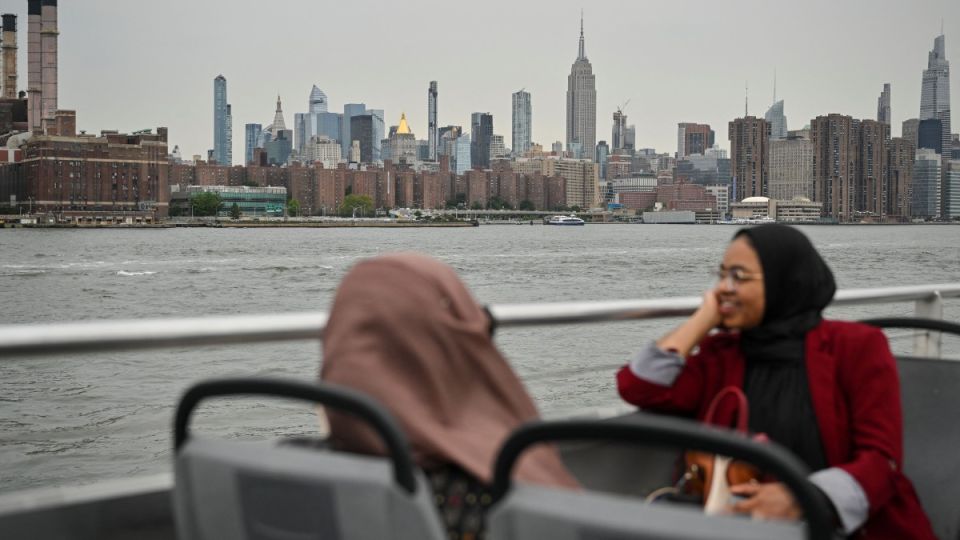August 13, 2025
JAKARTA – Amid today’s increasingly volatile geopolitical landscape, the government is turning to its overseas citizens as strategic partners in safeguarding the nation’s future and strengthening the economy, officials said at the second Diaspora Global Summit in Central Jakarta on Tuesday.
Thousands of Indonesians from around the globe gathered for the three-day forum to explore how the diaspora can help drive the country’s long-term development, with discussions spanning technology, health, labor migration and citizenship.
Cohosted by the Indonesia Diaspora Network United (IDN-United), the event features more than 100 international speakers across 60 sessions under the theme Connecting Global Talent with Home.
Coordinating Law, Human Rights, Immigration and Correctional Services Minister Yusril Ihza Mahendra emphasized the significance of the roughly eight million Indonesians living abroad, noting that their annual remittances, around Rp 130 trillion (US$7.97 billion), surpass the country’s total foreign direct investment (FDI) inflow.
They work not only in the informal sector but also as professionals, such as academics, scientists, artists and even military and police officers, while promoting Indonesian culture abroad and contributing to diplomacy, he further noted.
“The diaspora essentially represents the nation’s ambassadors who bring honor to Indonesia on the world stage,” the senior minister said. “Instead of seeing them as a brain drain, we should view them as a brain gain; a source of intelligence and global networks that can be connected to our national development needs.”
Read also: #Kaburajadulu and the opportunities for a strategic talent policy
This year’s summit also addresses broader global and domestic issues, including the United States immigration landscape, the scaling up of Indonesia’s manufacturing, seizing opportunities in critical minerals and meeting the country’s growing demand for healthcare workers.
Second Deputy Foreign Minister Arrmanatha C. Nasir echoed Yusril’s remarks, stressing that amid an unpredictable geopolitical landscape, Indonesia must engage its diaspora as a stabilizing force for the nation’s future.
The diaspora, he said, can serve as a bridge between Indonesia and the international community, foster stronger people-to-people connection and facilitate professional knowledge transfer when they move back home and apply the skills learned abroad.
“When the tides of foreign direct investment are low, the diaspora continues to channel hope,” Arrmanatha said, further describing the diaspora as “a strategic asset” and committing to expand their access to residency permits, investment opportunities, property ownership rights and the financial sectors.
The government has in recent years intensified efforts to draw overseas talent home, particularly in strategic sectors such as the green economy, health care, food security and the creative industries.
A flagship measure is the Overseas Citizens of Indonesia (OCI) special permit, which allows overseas and former citizens to retain foreign nationality while living, working and doing business in the country, a step officials hope will counter decades of brain drain.
Such efforts have so far been inspired by the country’s ambitions to achieve its Golden Indonesia 2045 vision, which includes becoming one of the world’s top five economies as well as harnessing more economic opportunities amid the geopolitical competition between the United States and China.
Read also: Indonesia woos diaspora with permanent visa
Against this backdrop, IDN-United chairman Edward Wanandi called for inspiration and optimism from the country’s overseas population, assuring them that Indonesia has a lot to offer as it seeks to boost its economic standing.
“I know that there is a lot of sentiment that there aren’t many opportunities in Indonesia, but I would say to the diaspora community that now is the correct time to see the country as offering wonderful future opportunities and participate in the development of our nation,” Edward said.


